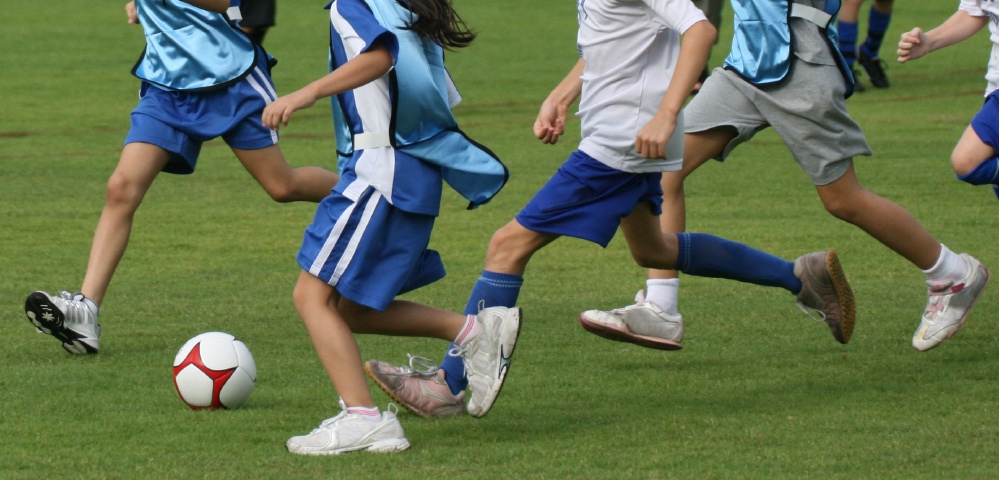The entertainment our screens offer can mean that we all spend a lot more time sitting in front of them. Being sedentary is not good for your health, and for young people, it can set the stage for a lifetime of health issues such as being overweight or having diabetes and heart problems.
Kids who are athletic are less at risk for these sorts of health issues, but what makes a child or teen see themselves as athletic and pursue sports and activity?
Young people's beliefs about how athletic they are can certainly motivate them to exercise more and participate in sports. On the other hand, being good at a sport can also discourage them from trying new sports.
Perceptions of their athletic abilities don't just affect kids' and teens' health. Being active also affects academic achievement.Kids and teens who thought they were athletic were more likely than those who did not to believe they could overcome obstacles and get better.
To better understand the nature of beliefs about athleticism, researchers in Japan asked more than 400 undergraduate students what they thought of their skills across 11 different team and individual sports, including soccer, volleyball, basketball, gymnastics and running. The students also answered questions about what sports they had participated in and how often they played.
Students who believed they were athletic were more likely to have participated in several sports for more than one year than those who did not. They were also more likely to say they had been called “athletic” by others.
The participants completed assessments of their personality traits and answered questions about their family.
Students in the study who thought they were athletic were more likely than those who did not to display traits like grit, resilience, and a growth mindset — the belief that they could overcome obstacles and get better. Athletic students were more likely to have started walking at an early age; have athletic parents; and come from a high-income household.
“Subjective perceptions of athletic ability are shaped not only by sports experience, but also by early childhood experiences and family background,” the Nanzan University researchers concluded.
Participants who were the youngest in their families were more likely to think they were athletic, a finding that surprised researchers who suggest that this may reflect that younger children “often imitate their older siblings.”
Unsurprisingly, the students who thought they were athletic were less likely to have hobbies such as reading and playing music and games than those who did not.“Subjective perceptions of athletic ability are shaped not only by sports experience, but also by early childhood experiences and family background.”
The findings may help researchers better understand what influences people's beliefs about their athletic ability, the researchers said. “Multiple factors may be associated with the development of a sense of motor skills.”
More research is needed to understand how these factors are related to self-perceived athletic ability and establish a more precise definition of the term, the researchers said.
The study is published in PLOS One.





